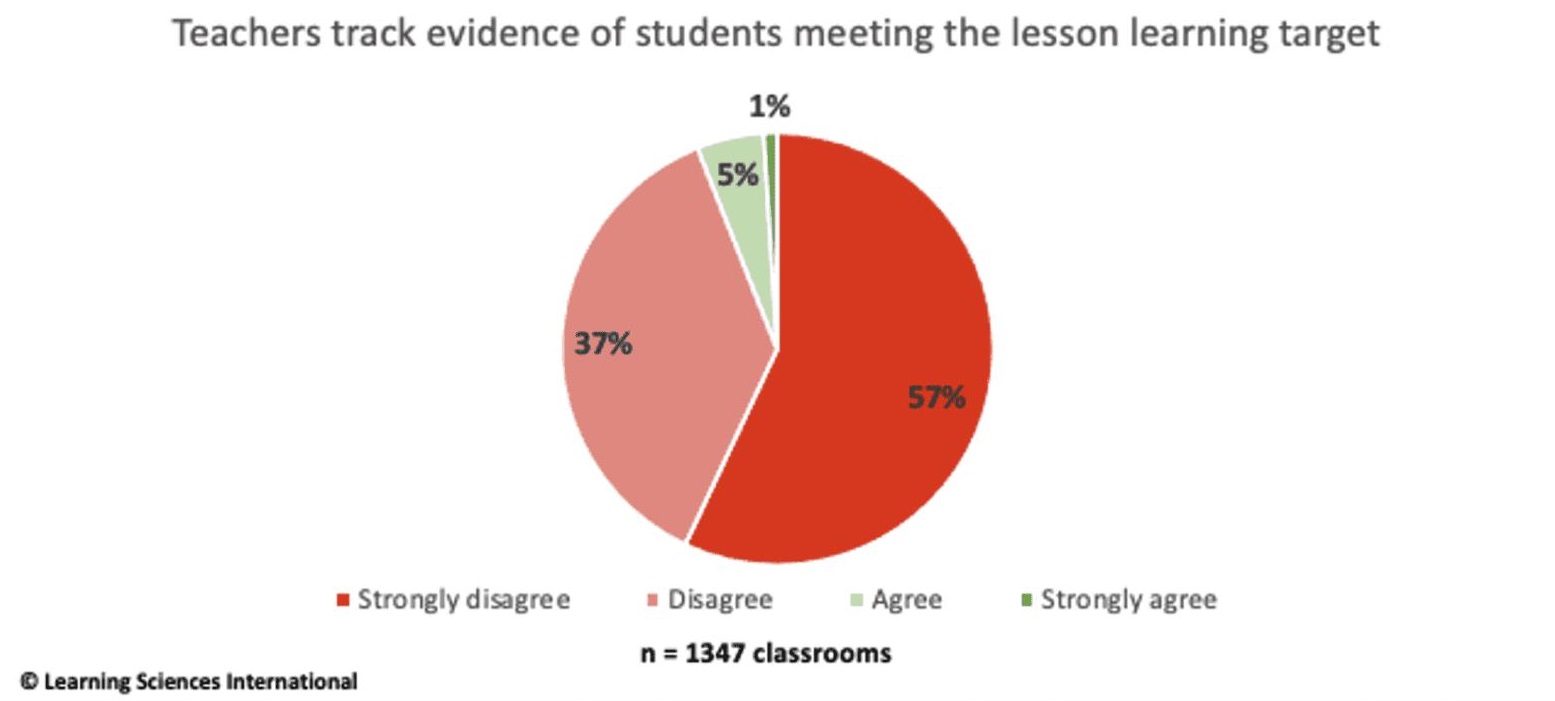
Strategies for Achieving School Success and Growth in the Long Term
Teaching and leading school is one of the noble professions which comes with lots of responsibilities. Sometimes to fulfill every responsibility could take a toll on Educators and School leaders. According to a survey of learningsciences.com, majority of the teachers don’t track the learning target of their students.

Educators or School leaders who have pursued courses like MA in Education with Leadership and Administration, they know how important is to evaluate each and every student’s progress in every aspect for their overall success in life.
As a Educator or School leader you must be planning out your school year and also how you they can track and evaluate student progress at the very beginning of each session, so that everything is scheduled for the rest of the year. This will ensure that all the students are making progress towards their academic goals or not.
It will also ensure that in which area students need additional help, after knowing that learning gaps Educators can help their students to get back on track to achieve their academic goals.
This blog post, have been created to help educators to make perfect plan for the rest of the year for evaluating and help their students to grow and with that the school will also grow at the same time.
So, without any further delay, let’s get to know about it in details.
Importance Of Evaluating Student Progress?
Evaluating student progress is essential for several reasons.
1. It helps identify areas where students may be struggling and where additional support is needed. This can include academic subjects, as well as social and emotional development. By identifying these areas early on, educators and school leaders can provide the necessary support to help students succeed.
2. Planning out your school year to evaluate student progress as a Educators and Administrators can prove to be beneficial to beneficial for school and student growth at the same time. By understanding where students are in their academic journey, they can adjust instruction and curriculum to meet their needs. This helps ensure that students are on track to meet their academic goals and that the school is meeting its objectives.
How to Evaluate Student Progress?
There are several ways to evaluate student progress, including assessments, observations, and student work. Assessments can provide valuable data on student learning and understanding, while observations can help identify areas where students may be struggling. Student work, such as homework and classwork, can also provide insights into student progress.
It's important to use a variety of evaluation methods to get a comprehensive understanding of student progress. This helps ensure that educators and school leaders have a complete picture of each student's strengths and weaknesses.
6 Effective Tips for Effective School Planning for the Rest of the Year
Once student progress has been evaluated, it's important to plan out the rest of the school year. This includes identifying essential skills, understandings, and gaps in learning, planning your instructional calendar, and balancing curriculum and extracurricular activities.
1. Understand Your Student Well
Before planning out your school year, it's important to identify essential skills and understandings that students need to master. This includes both academic and social-emotional skills. It's also important to identify any gaps in learning that need to be addressed.
2. Set Plan of Action
Once you have identified your student’s strength and weakness, it's time to plan your instructional calendar effectively for the rest of the year. This includes mapping out when you will teach each concept or skill and when and how you will give assessments. It's important to make sure that there is enough time for students to learn and practice each skill.
3. Help Your Student’s to Grow
If you have identified students who are struggling, it's important to provide them with additional support. This may include one-on-one tutoring, small group instruction, or other interventions. It's important to monitor their progress and adjust support as needed.
4. Both Curriculum and Extracurricular Activities is Important
While you are planning out your school year, you need to keep in mind that it's important to balance curriculum and extracurricular activities. This includes making sure that your students have enough time to learn and practice essential skills while also participating in extracurricular activities.
5. Make Genuine Connection
School planning can also be an opportunity to connect with students and their families. This includes communicating with families about student progress, involving them in school events and activities, and providing opportunities for them to provide feedback.
6. Adapting to Any Situation
Finally, it's important to be prepared to adapt to any changes. This may include changes in curriculum, scheduling, or even unexpected absences. By having a plan in place for how to handle unexpected changes, you can ensure that students continue to receive a high-quality education.
Planning out your school year will be beneficial
As an Educator or Administrator, planning out your school year and to evaluate student progress could prove to be beneficial to both the school institute and students as well. Those Educators and School leaders who have pursued courses like MA in Education with Leadership and Administration knows it really well. By identifying and understanding your students well, you can actually make ensure that students are on track to meet their academic goals by providing the necessary aid.
Remember to also be prepared to adapt to unexpected changes and to involve families in the planning process. With these above-mentioned tips, you can help your students succeed and your school meet its objectives.
Find the right course for you and try out the course. WhatsApp us at - +1 213 233 9490. You can also mail us at act@asiancollegeofteachers.com.

